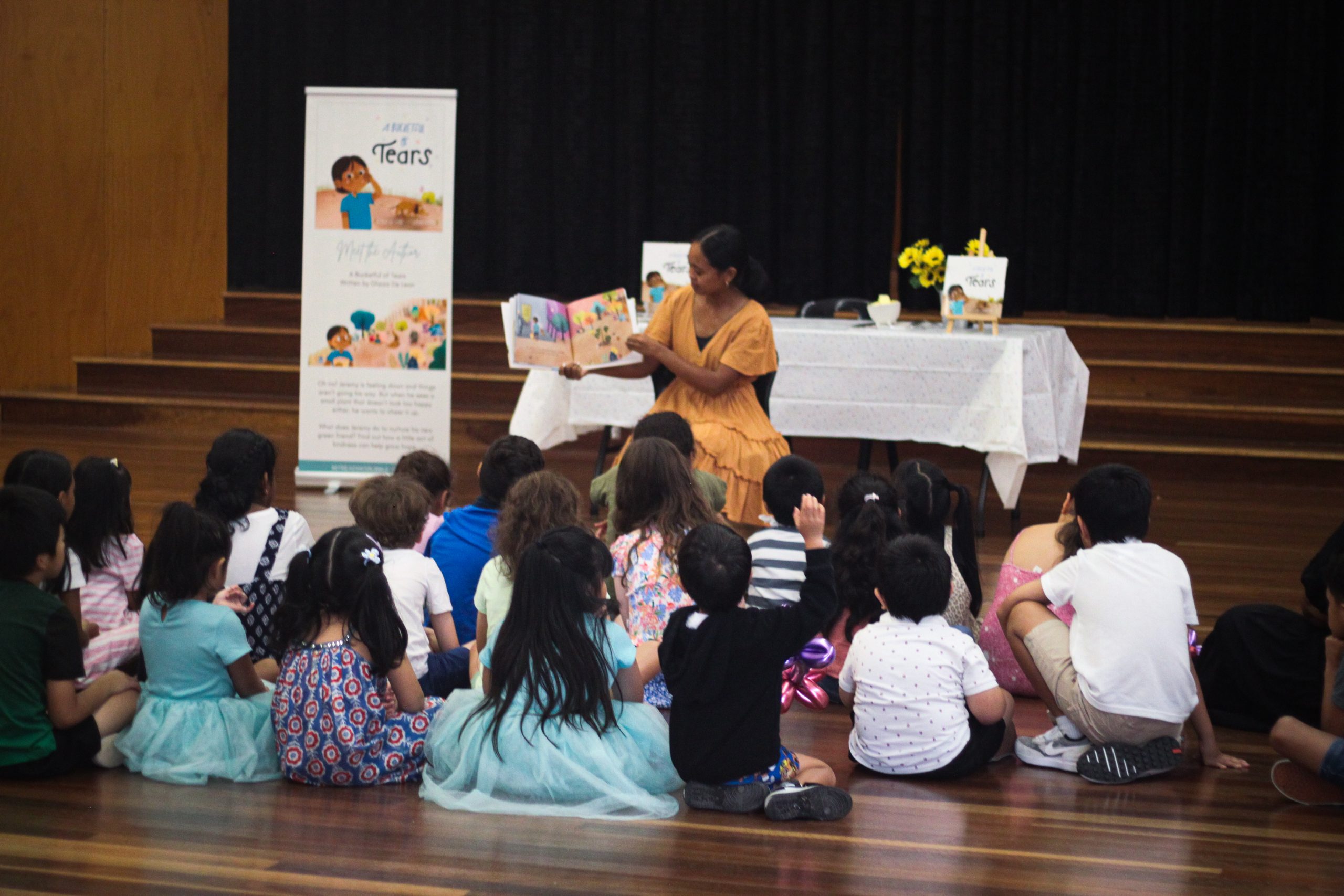
Is writing a book something you’ve wanted to do? It’s definitely a rewarding journey, but it can also be challenging. Here are some tips to help guide you on your path to becoming a published author.
1. Read Widely and Often
This is always the first advice I give to aspiring authors. One of the best ways to improve your writing is to read a variety of genres and authors. By doing so, you’ll be exposed to different writing styles, voices, as well as techniques.
As you read, pay attention to the way authors develop characters, build worlds (especially important for any fantasy writers out there), and incorporate plot twists (hello, psychological thrillers! But this can also apply to any genre).
It’s okay to have a favourite genre and to read more of it, especially if you’re planning to write in that genre. Even in the same genre you’ll come across many different writing styles and perspectives i.e. first person vs. third person.
2. Write Regularly
This might seem like common sense, but it’s important to try and be consistent when it comes to writing. Set aside a dedicated time each day to write, even if it’s just for a few minutes.
The key is to develop a writing routine to help build discipline and you’ll start to see that writing just becomes a natural part of your day. And remember, progress is progress, no matter whether you’ve written 100 words or 1,000 words in the one sitting.
3. Find Your Unique Voice
There are millions of books in the world, but it’s your voice that will set you apart from other writers. Experiment with a range of styles and tones until you find what feels natural and true to you. Always trust your instincts and write from the heart as authenticity resonates with readers.
4. Create an Outline
Before you start diving into writing, take the time to outline your story. This can be as detailed or as simple as you like. You may be a plotter and have every chapter outlined in great detail, or you may simply have a vague idea of the start, middle, and ending of your story.
There is nothing wrong with “winging it” as you go, as sometimes the characters can change direction as you write (authors often say the characters have a mind of their own) but it’s good to at least have a general idea of your story’s main plot.
Having a roadmap helps you stay focused and organised and ensures you cover all the important plot points.
5. Develop Strong Characters
Characters are, well, the heart of every story. Have you ever read a book and absolutely couldn’t stand the protagonist? We’ve all been there. So, spend the time creating well-rounded, believable characters with distinct personalities, goals, and flaws. Consider their backgrounds and motivations. If you want them to be likeable, make them likeable!
The more real your characters feel, the more readers will connect with them.
6. Show, Don’t Tell!
Make your writing engaging by showing your readers what’s happening in the story rather than simply telling them. This can be done by using descriptive language and sensory details to create scenes the reader can visualise clearly.
For example, instead of writing, “she was happy,” show it through her actions and dialogue.
I should point out that whilst showing and not telling can enhance your writing, using it ALL the time can make it hard for the reader to engage in the story. Too much descriptive writing can sometimes be an overkill, so finding the right balance is key.
7. Revision is Your Best Friend
Don’t be afraid to revise and edit your work after your first draft. After all, the first draft isn’t supposed to be perfect—the goal is to get your words down and finish your manuscript.
Revision is where your story truly comes to life. Look for areas to clarify ideas and improve dialogue. Work out which parts add to the story, and which parts play no role and may need to be removed entirely.
Getting feedback from trusted people or beta readers can provide great insight as to what may require further adjustment. Just be sure to choose people who read the genre you’ve written in and are your target audience so that you receive valuable feedback.
8. Overcome Writer’s Block
Every writer I know has had writer’s block. If you start to feel stuck, try changing your environment, switching from the computer to pen and paper, going for a walk, or writing something new and completely different to help spark some creativity.
Sometimes, stepping away for a bit can lead to breakthroughs. The best ideas can come to mind when you least expect.
9. Set Realistic Goals
I’ve always found that breaking a big project into smaller, manageable goals always helps. Whether it’s writing a certain number of words per day or finishing a certain number of chapters by the end of the week, having clear targets can help to keep you motivated, accountable, and on track.
Printing out your goal and having it in view also helps as you can quickly see your progress to keep you motivated.
10. Don’t Stop Learning
Have you ever read back something you’ve written many years ago and cringe at your writing? Or maybe it makes you laugh, you may even wonder what was going through your mind at the time when you wrote it. Writing, after all, is a lifelong journey.
The key is continuous growth. Attend workshops, read books on writing, and don’t be afraid to seek advice from experienced authors. You’ll be surprised at what they will happily share with you to support you on your writing journey.
Just as with anything in life, the more your learn, the more you’ll grow.
11. Stay Persistent
Becoming a published author can be a long road filled with setbacks, rejections (especially if you decide to go down the traditional publishing route,) and self-doubt. But stay persistent and continue honing your craft. Believe in your story and your ability to bring it to life.
12. Enjoy the Process!
And finally, remember to enjoy the process. Writing is a creative art and it should be a fun and fulfilling venture. Remember to celebrate your wins, no matter how small, and be happy with any progress you make.
The Takeaway?
By applying these tips, you’ll be well and truly on your way to writing compelling stories. Remember to embrace your unique voice, stay dedicated, and most importantly—keep writing. Your story deserves to be told.
If you’d like to stay up to date with my current works in progress, follow me on Instagram and please say hi! I’d love to know what your aspirations as a writer are or if you’ve got any works in progress yourself :).
FAQs
Q: What should an aspiring writer do?
A: Writing and reading go hand-in-hand and the more you do of both, the better writer you can be. You can even start with writing blogs and articles, not necessarily a novel right away. Network with other writers—don’t be shy to reach out!
Q: How do writers get good at writing?
A: Read often and read different types of content and genres. Making a habit of this will allow you to see different ways of writing, structuring content, and character developments.
Q: What advice would you give to new writers?
A: Read and write a lot! Don’t limit yourself to what you know. There are heaps of genres to explore. Have your own voice, it won’t do you any good trying to imitate other writers.



